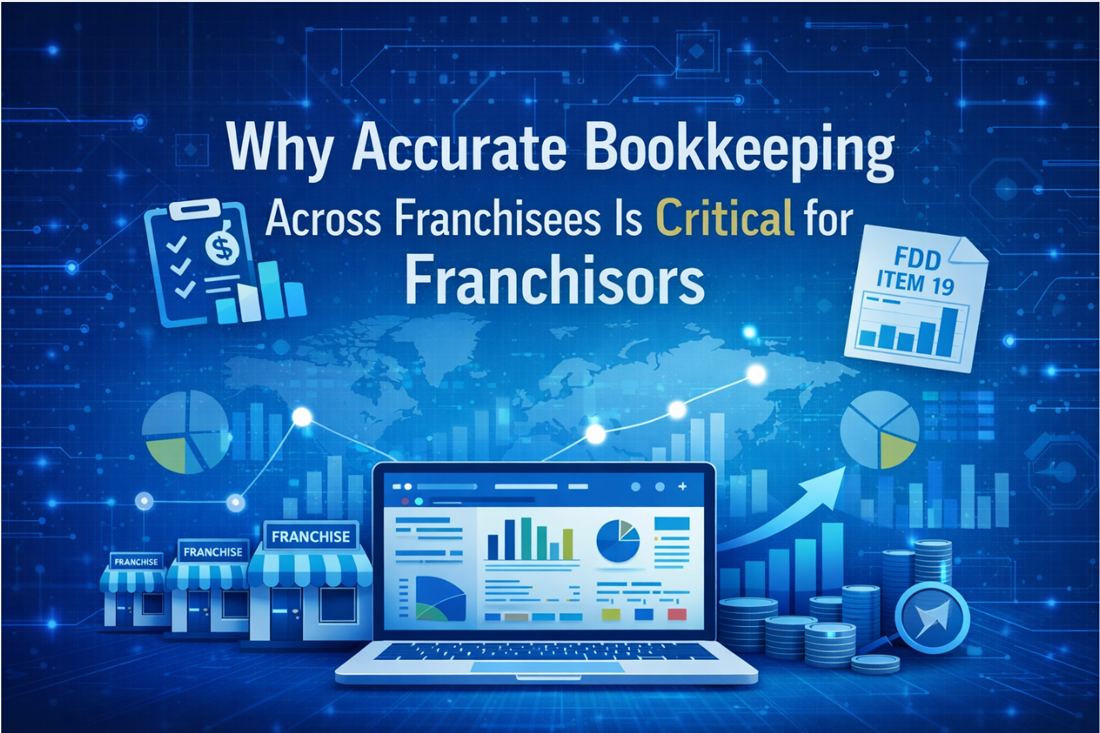Tax season can be stressful, especially if your books are behind, inaccurate, or both. We estimate that roughly 25% of small businesses seek information on how to catch up on business taxes and get their financial records in order.
The benefits of clean, accurate books extend far beyond tax season. When your books are up to date, your business will be better equipped to make strategic financial decisions, analyze expenses, and manage cash flow.
Conversely, when you get behind in your books, it doesn’t just make it harder to prepare and file taxes. Outdated or inaccurate books can limit your ability to cover your expenses, pay your employees, or secure a small business loan.
You’re probably reading this because you already know you’re a little behind on books. The biggest decision to make is whether to try to get your books caught up on your own or secure the assistance of a catch-up bookkeeping service. We’ll help you decide by covering the pros and cons of both approaches in this article.
The Pros of DIY Catch Up Bookkeeping
When you’re considering how to catch up on business taxes, you might decide to handle your own books. That’s not a bad strategy, really, since DIY-bookkeeping offers the following advantages:
Costs Less
Let’s face it: today’s business owners need to cut corners any way they can. Rather than hire an in-house bookkeeper or outsource your bookkeeping needs to an accounting firm, you can simply catch up on your books yourself.
If you’ve already got some experience in filing taxes and managing your accounting needs, this can be an area where you can minimize expenses. For a full overview of the costs of catch up bookkeeping, check out this post here.
Intimate Knowledge of Your Business
No one knows your business better than you do. When you handle your own books, you’ll have an intimate knowledge of your income and expenses and will be in a better position to make updates and correct errors as you proceed.
This consideration might be especially true if you’ve collected a lot of receipts and paperwork on your own. Having these documents on hand can make it easier to record income and business expenses as they happen, and by handling your own bookkeeping, you’ll be better able to identify expenses.
Privacy
As a business owner, you might be reluctant to hand over your sensitive financial data to a third party. By handling your own books, you eliminate all possible breaches in your data security, and you keep your business information limited to your eyes only.
The Cons of DIY Catch-Up Bookkeeping
There’s a reason that so many small businesses outsource their needs to a catch-up bookkeeping service. While there are many business tasks that you can handle on your own, bookkeeping isn’t always one of them and there are so many benefits to catch up bookkeeping.
Business owners often discover that the bookkeeping process can be:
Time-Consuming
Stop and think about this for a minute. How did your books get so behind in the first place? For a lot of entrepreneurs, it comes down to a lack of time. But if you didn’t have time to maintain your books, how likely are you to find time to catch up on your books?
This contemplation actually brings us back to the question of money. Sure, handling your own books will cut down on your administrative expenses, but at what cost? Your efforts are better spent on the revenue-generating activities of your business, not the administrative details of your back office.
Confusing
It can be a challenge to get books caught up in time for tax season. Accounting terms and software tools aren’t always easy to navigate, especially without some degree of specialized training. And that’s to say nothing of the jumble that can occur when you get behind in your books.
This confusion is why it’s best to rely on an accounting professional who knows how to catch up on business taxes. They can sort through the mess on your behalf and bring clarity to your books, so you don’t have to sweat the process when it comes time to pay your taxes.
Inaccurate
The more tasks you’re juggling, the easier it is to make mistakes. But errors in your books can cost you, especially when it comes to tax preparation. Reporting errors can change the actual amount of taxes you owe, and if you underreport, you could be subject to penalties.
Having access to a team of financial professionals can ensure that your books are fully up-to-date, as well as free from any inaccuracies that can cause problems for your business. Plus, a financial professional may be able to help you maximize your deductions, saving you money and enhancing your profitability.
Get Started Now
If we’re honest, most of us make a plan to get started “tomorrow.” But by the next day, we put it off once again.
The best time to get started is now. With tax season looming on the horizon, you can’t afford to wait for another “tomorrow.” In fact, the more you put it off, the more your overdue books can snowball into an even messier problem.
This time crunch means that whether you plan on catching up on your own books or relying on a professional service to provide catch-up bookkeeping for small business, you’ll want to get a plan in place so you’ll be prepared for tax season.
How to Catch Up on Business Taxes Faster Than Ever
The expert team at xendoo has already provided catch-up bookkeeping for small business owners across the country. We can bring your books up-to-date so that you’ll be prepared for tax season and put you on the road to greater financial control.
How much does catch-up bookkeeping cost? Your final price depends on how far behind you are, but xendoo can provide catch-up services starting as low as $295. The real value is found in the peace of mind you get, knowing your financial records are handled by a trained professional.
Find out for yourself by signing up for a free trial, and see what xendoo can do for your business.










